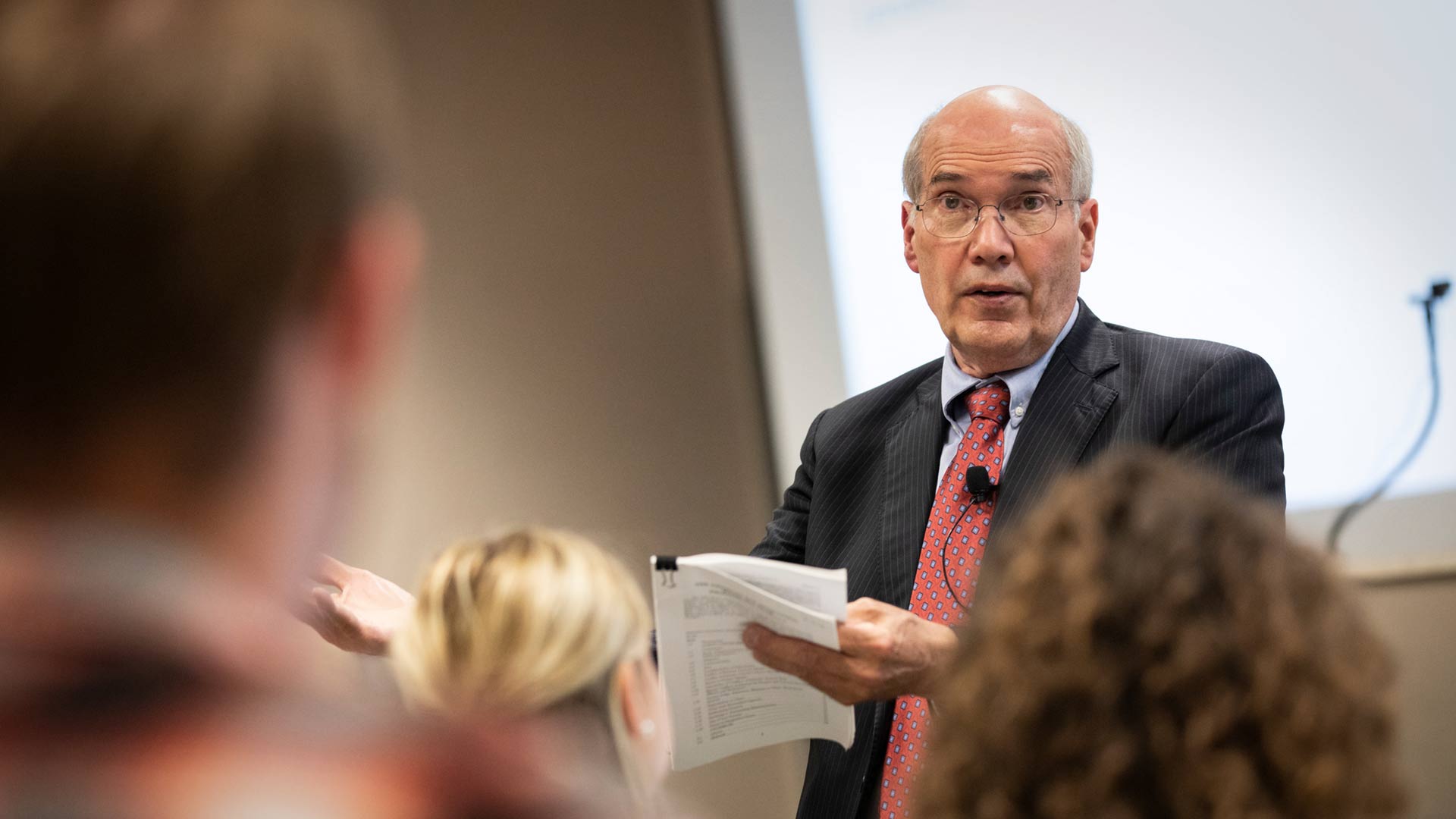
Faculty Statement and Call to Action
January 29, 2026 Dear Community, The University of St. Thomas School of Law is inspired by justice, guided by faith, grounded in reason, committed to excellence, and devoted to advancing the common good. As faculty members of the School of Law, we write in our individual capacities to express our deep concern for our community and our country in light of the actions of some agents of DHS, ICE, and the Border Patrol that reflect a disregard for human dignity and the common good and a disregard for the Constitution and the Rule of Law. As members of a Catholic university we are guided by our obligation to recognize in all the human dignity with which they are endowed as people made in the image of God. We are guided by Catholic Social Teaching which challenges us to live our lives in support of the common good in solidarity with our brothers and sisters and with a preferential option for the poor and marginalized. Over the past two months, our streets have been flooded with federal agents wearing masks, holding machine guns, boxing in U.S. citizens while waving guns in their faces, demanding people to show proof of citizenship. Many […]



